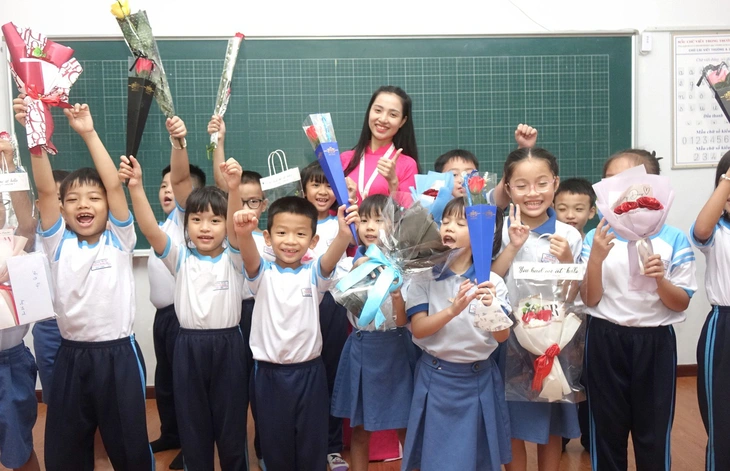
Teachers and students of Tran Hung Dao Primary School (District 1, Ho Chi Minh City) on Vietnamese Teachers' Day 2024 - Photo: NHU HUNG
In the context of the whole country's efforts to innovate and improve quality, regulations on autonomy in recruiting and using teachers are expected to resolve many remaining bottlenecks and open up the development of the teaching staff and education quality.
Over the years, the recruitment and employment of teachers in our country has faced many challenges.
In reality, recruitment and employment are still formal and depend on local authorities, leading to the fact that the teaching staff in particular and the labor force of schools and public educational institutions in general are not only lacking in quantity but also uneven in quality.
Besides, the lack of autonomy in arranging personnel suitable to the characteristics of each school and each locality has somewhat hindered development and creativity in professional work.
This causes huge differences in the quality of education between classes within a school, between schools within a locality and between localities.
The two-level government model that is about to come into operation requires more initiative in arranging and assigning staff to each school.
That is why the Law on Teachers was born, with a focus on granting autonomy to the education sector in recruiting and using teachers, which is considered a strategic solution.
This is not only about empowering, but also about trusting the management capacity of educational institutions, while creating conditions for them to be more proactive in building teams that are suitable for their development goals and orientations.
For teachers, when they know that their actual abilities and contributions will be fairly evaluated, they will have greater motivation to maximize their abilities, continuously learn and innovate.
With autonomy over human resources, schools will have greater motivation and responsibility in building teams, thereby developing educational programs and teaching methods suitable to the characteristics of students and the orientation of the school.
Despite its many benefits, autonomy also comes with challenges in its implementation. For autonomy to truly be effective, comprehensive solutions are needed.
The Government and the Ministry of Education and Training need to promptly issue detailed and clear guidance documents on the processes, standards, responsibilities and powers of all levels in recruiting and using teachers. At the same time, it is necessary to train and improve the management capacity of heads of educational institutions; strengthen inspection, examination and supervision to avoid abuse of power and ensure fairness. There needs to be a close monitoring mechanism from state management agencies and the community.
Autonomy in recruitment needs to go hand in hand with ensuring funding and facilities so that schools can attract and develop staff; building a code of professional ethics and a mechanism for handling violations, and clearly defining responsibilities and violations of professional ethics to protect the honor and reputation of genuine teachers.
The 2025 Law on Teachers, with its provisions on autonomy in recruiting and using teachers, has opened a new chapter for Vietnam's education sector.
Hopefully, with the synchronization in implementation, close coordination between all levels and sectors and the efforts of the whole society in honoring and developing the teaching profession, the bottlenecks will be truly resolved, creating conditions for sustainable quality of education.
Source: https://tuoitre.vn/thao-nut-that-trong-tuyen-dung-nha-giao-20250617094837999.htm






![[Photo] Cutting hills to make way for people to travel on route 14E that suffered landslides](https://vphoto.vietnam.vn/thumb/1200x675/vietnam/resource/IMAGE/2025/11/08/1762599969318_ndo_br_thiet-ke-chua-co-ten-2025-11-08t154639923-png.webp)

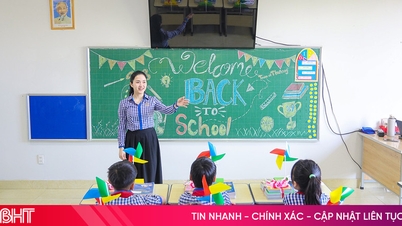

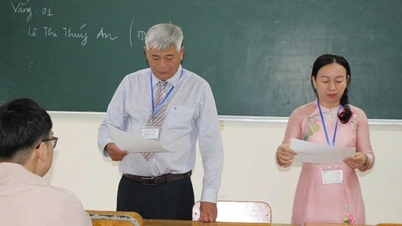







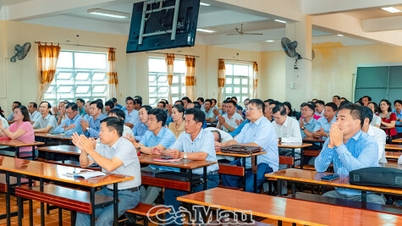
















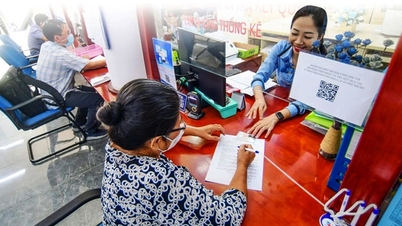
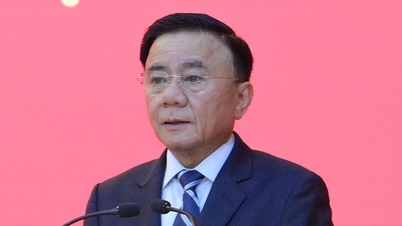












![[Video] Hue Monuments reopen to welcome visitors](https://vphoto.vietnam.vn/thumb/402x226/vietnam/resource/IMAGE/2025/11/05/1762301089171_dung01-05-43-09still013-jpg.webp)





























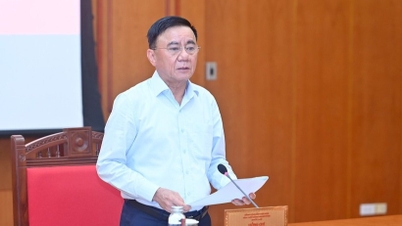











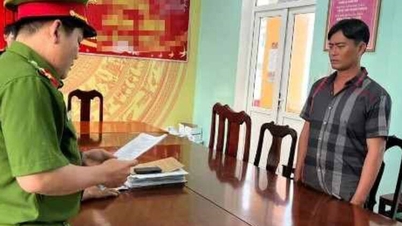





![Dong Nai OCOP transition: [Part 2] Opening new distribution channel](https://vphoto.vietnam.vn/thumb/402x226/vietnam/resource/IMAGE/2025/11/09/1762655780766_4613-anh-1_20240803100041-nongnghiep-154608.jpeg)










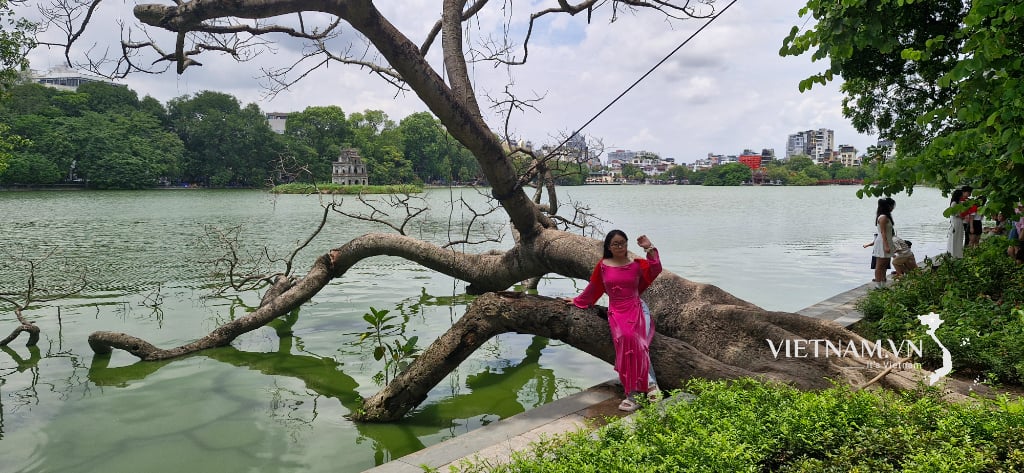


Comment (0)